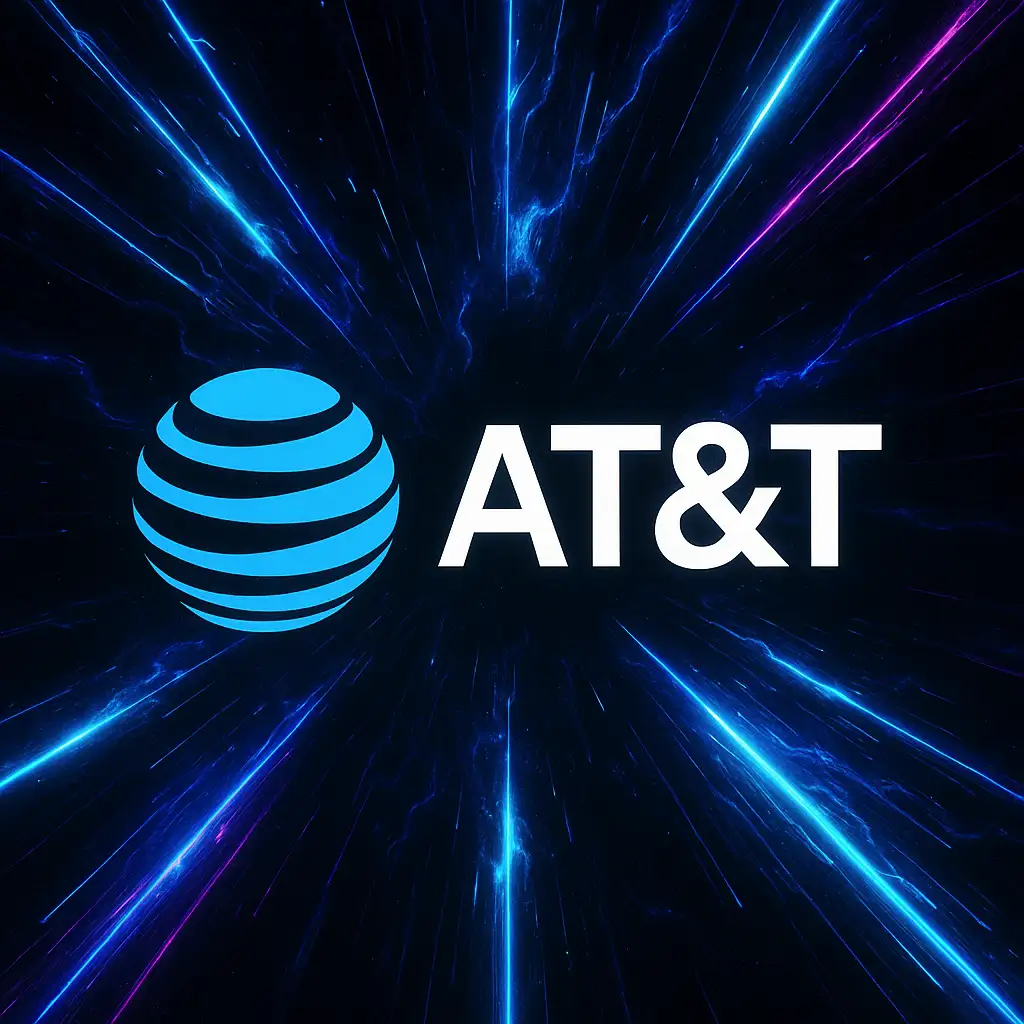AT&T’s Twin Data Breaches: $177 Million Settlement Puts Spotlight on Security

PenligentAI · 19, August 2025
In August 2025, telecom giant AT&T agreed to a settlement totaling $177 million to compensate users affected by two massive data breaches. Individual victims may be eligible for payouts of up to $7,500. While the company did not admit wrongdoing, it pledged to strengthen its security posture and tighten future safeguards.

What Happened
- March 2024 breach: AT&T confirmed that personal data from tens of millions of customers — including names, emails, phone numbers, and government IDs — had been leaked onto the dark web. The compromised records dated back to 2019 and earlier, impacting an estimated 70.6 million people.
- July 2024 breach: Hackers infiltrated the third-party cloud platform Snowflake, exfiltrating call records and text logs for approximately 109 million U.S. AT&T subscribers spanning 2022–2023. AT&T reportedly paid ransom to the group behind the attack, two of whom have since been arrested.
The lawsuits stemming from both incidents were eventually consolidated. Settlement administration is being handled by Kroll Settlement Administration, with claims due by November 18, 2025. A court hearing is set for December 2025, and payments may begin rolling out in early 2026.
From Aftermath to Prevention: Why Data Security Needs a Shift
The AT&T breaches — and the staggering cost of restitution — highlight a fundamental reality: financial compensation cannot undo the damage once sensitive data is exposed. For organizations, data security can no longer be an afterthought. It must be treated as a strategic priority, with a focus on proactive defense rather than reactive payouts.
Penetration Testing, LLMs, and the Future of Automated Security
Within a proactive security framework, penetration testing (Pentest) remains indispensable. By simulating real-world attacks, it exposes weaknesses before adversaries can exploit them. In recent years, the rise of large language models (LLMs) has injected new possibilities into this domain.
- PentestGPT: Built on LLM capabilities, this research-driven architecture organizes pentesting into three coordinated layers — Reasoning, Generation, and Parsing. Together, these modules handle strategic planning, command execution, and feedback analysis, enabling a continuous loop of adaptive testing.
- This structured approach allows for multi-stage attack simulations and greater coverage of complex systems, marking a step toward more autonomous penetration testing in the future.

penligent.ai: Bringing AI-Driven Pentesting Into the Enterprise
Between research frameworks and real-world deployment lies the need for practical, production-ready tools. This is where penligent.ai comes in.
While the concept of PentestGPT illustrates the potential of LLM-driven testing, penligent.ai is a dedicated enterprise solution. It leverages LLMs to assist in test planning, command generation, and result interpretation — all while producing clear, visualized reports that integrate seamlessly with CI/CD pipelines and DevOps workflows.
In short, penligent.ai gives organizations a way to translate cutting-edge AI methodologies into actionable defense practices, moving from theory to operational security.